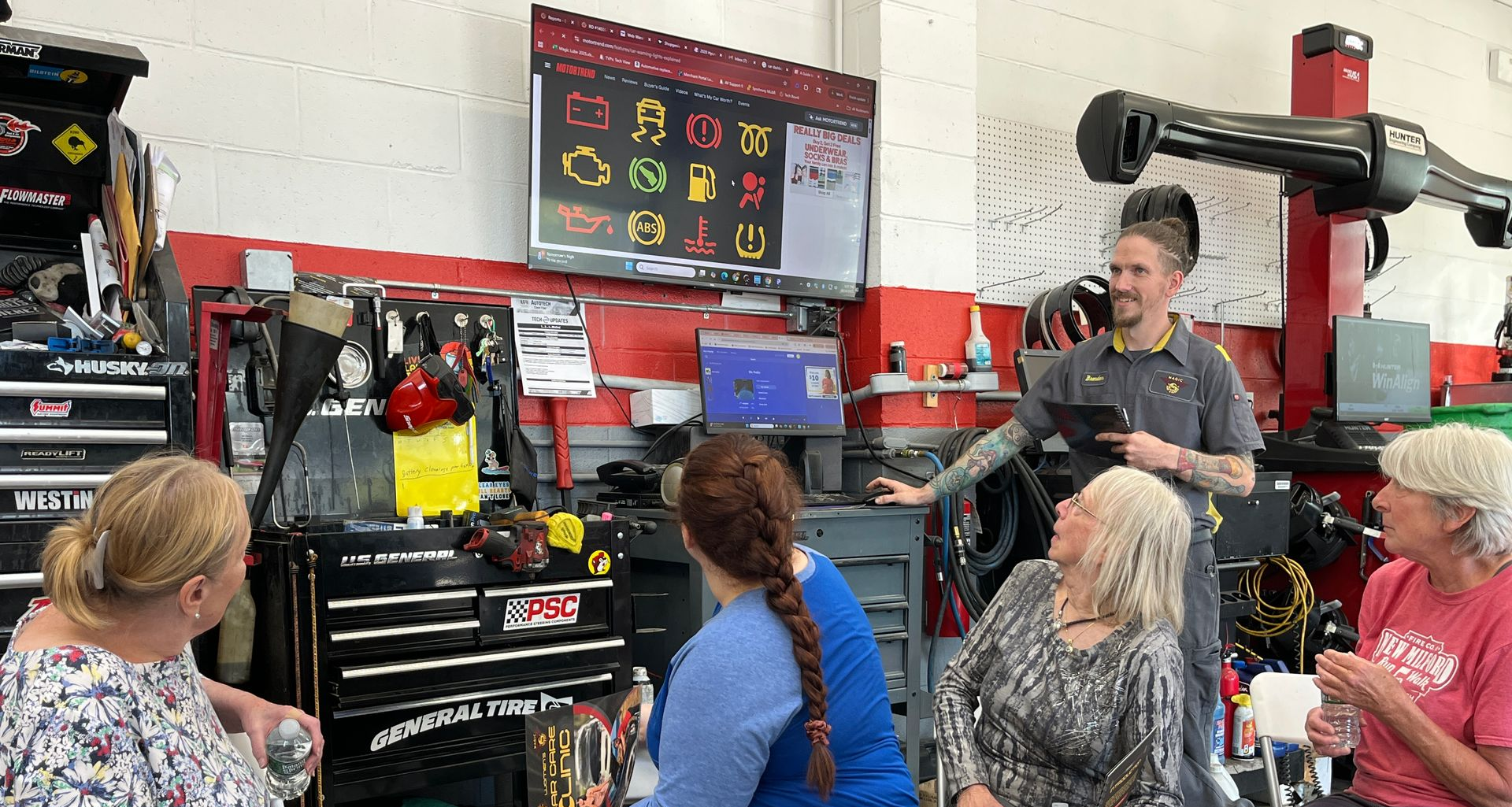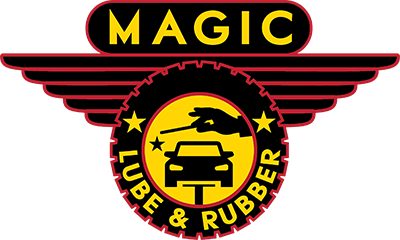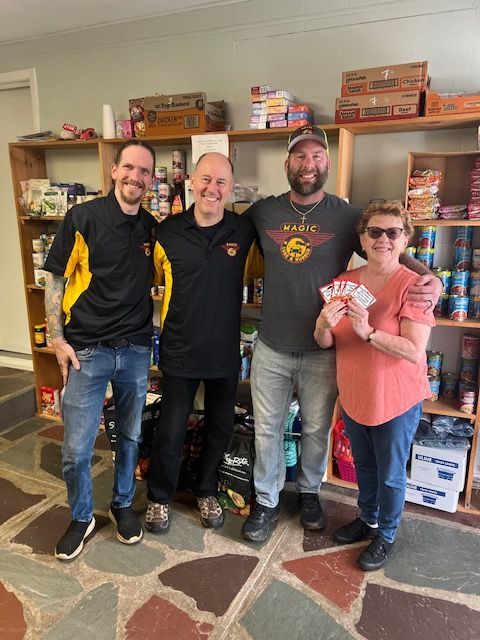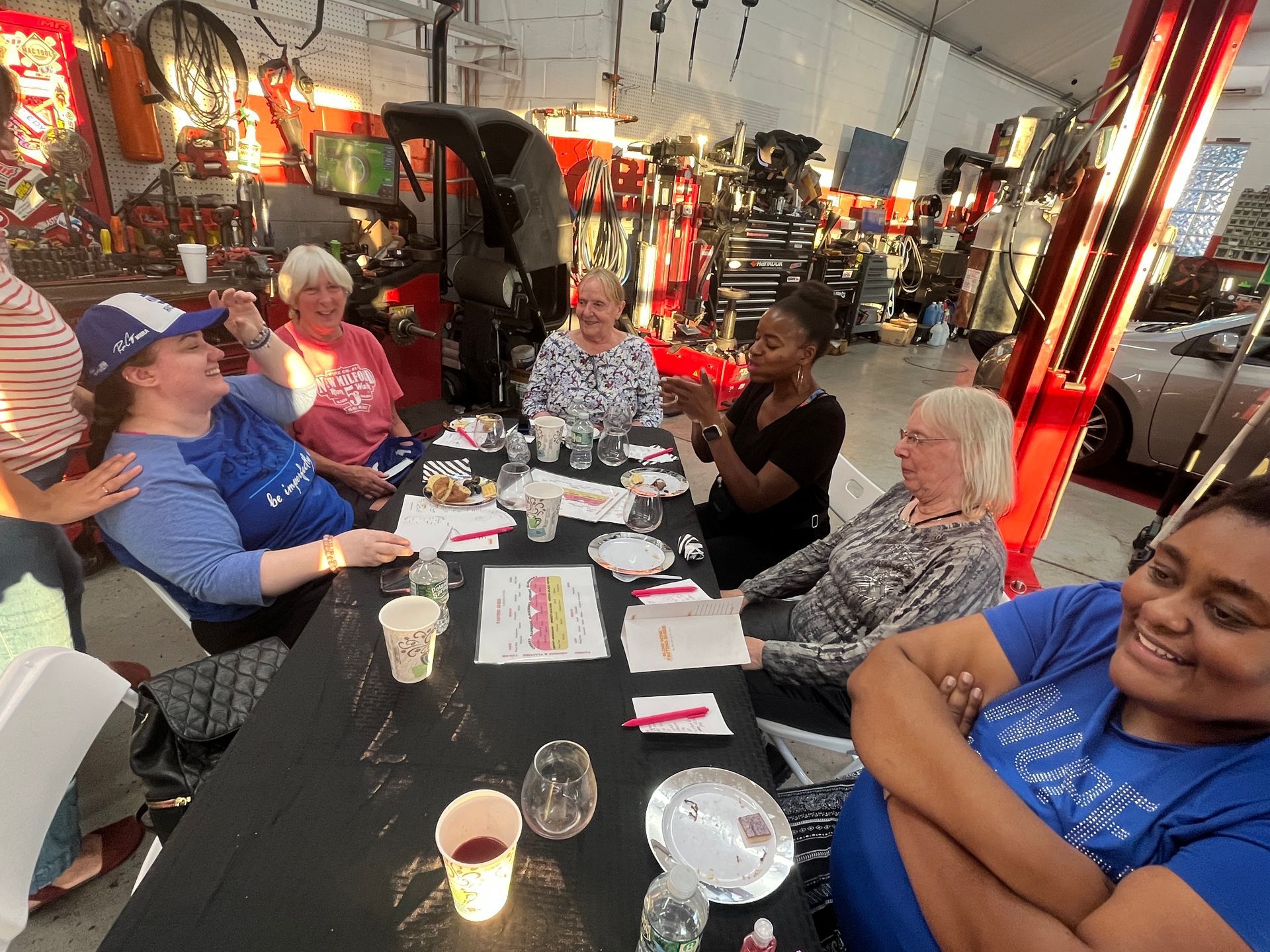Does Fuel Octane Matter?
Understanding Fuel Octanes: How They Impact Your Car's Performance
When you pull up to the gas station, you're often faced with a choice: regular, mid-grade, or premium fuel. While the price difference between these options may catch your eye, what's more important is understanding the significance of their octane ratings and how they can affect your vehicle's performance. Let's dive into the world of fuel octane and unravel the mystery behind this crucial aspect of engine optimization.
What is Octane Rating?
Before we get into the differences between fuel octanes, let's clarify what exactly octane rating signifies. Engines are engineered to undergo controlled combustion, where fuel ignites in a regulated manner.
Initially, a spark plug initiates a flame that propagates through the cylinder until all fuel is consumed. In contrast, spontaneous combustion, known as auto-ignition, detonation, or knock, occurs when increasing temperature and pressure from primary combustion trigger the ignition of unburned fuel.
This unregulated secondary combustion leads to a sudden increase in cylinder pressure, resulting in “knocking”. So the octane rating measures a fuel's resistance to "knocking" during combustion. When the air-fuel mixture in the engine's cylinder ignites prematurely, it disperses unevenly and causes inefficient combustion, potentially damaging your engine over time.
The higher the octane is, the more stable the fuel is.
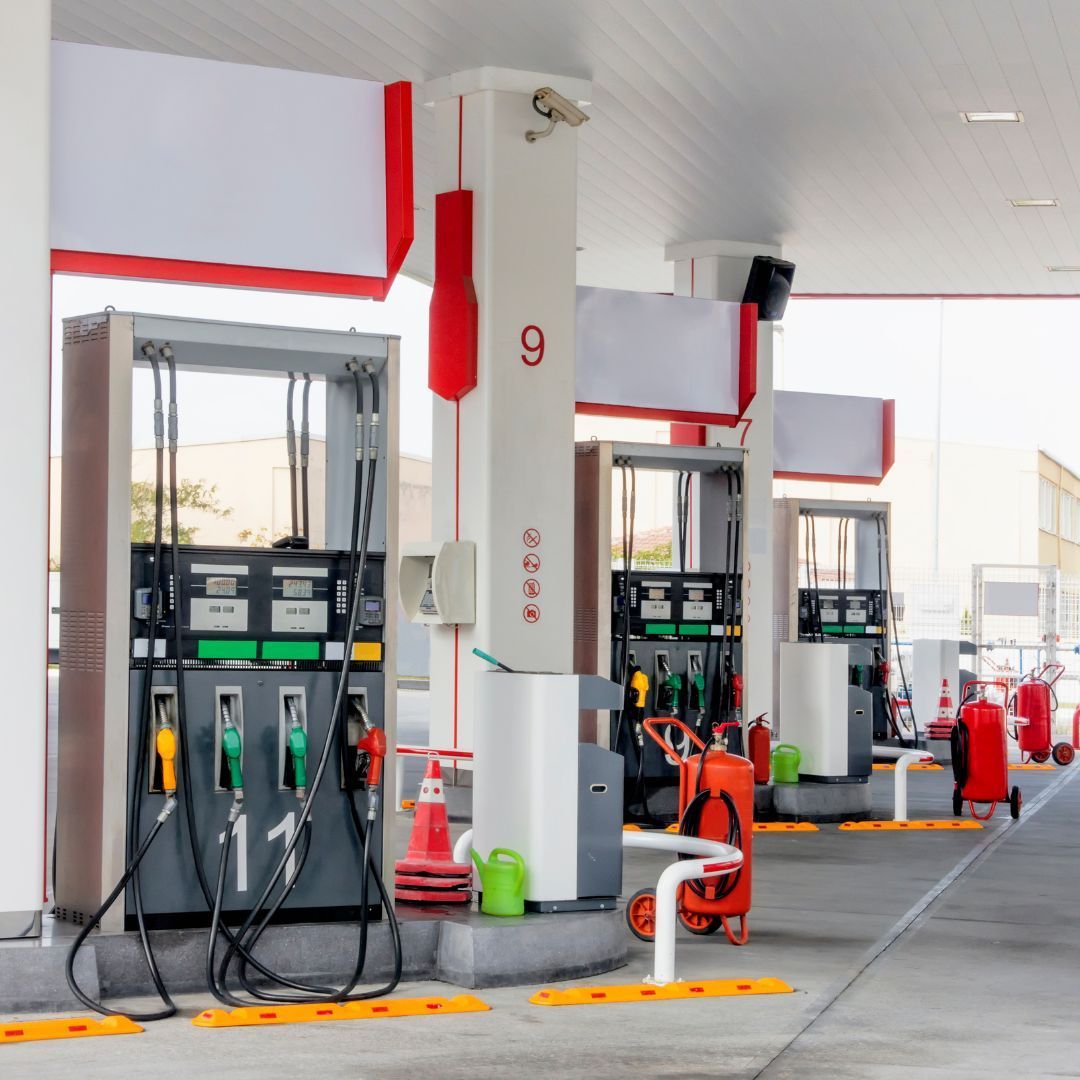
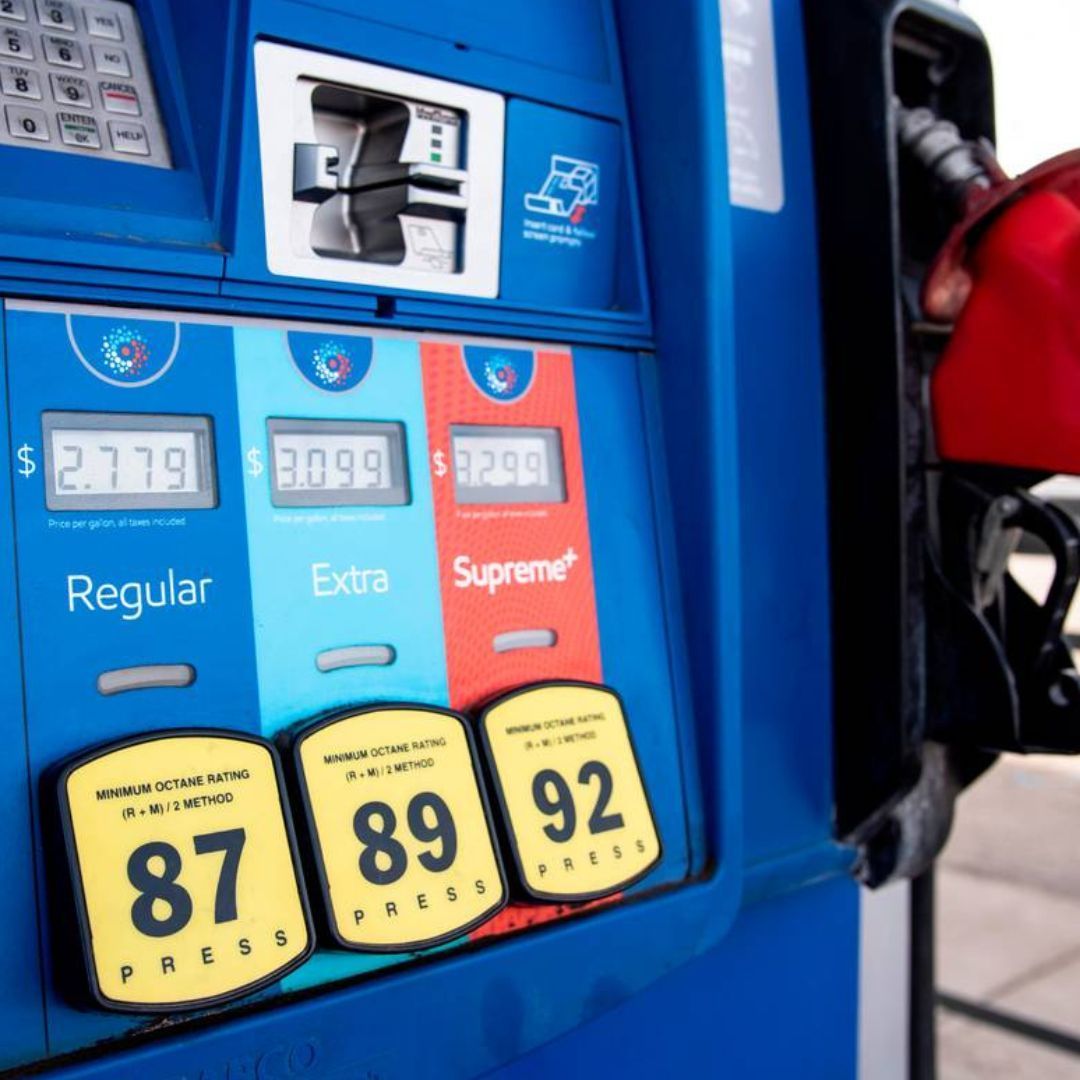
Regular vs. Mid-Grade vs. Premium
Regular: Regular gasoline typically has an octane rating of 87. It is suitable for most vehicles and is the least expensive option. However, it may not provide optimal performance for high-performance or turbocharged engines, which may require higher octane fuel to prevent knocking.
Mid-Grade: Mid-grade gasoline falls between regular and premium in terms of octane rating, usually ranging from 89 to 90. It offers a balance between cost and performance, making it a popular choice for vehicles that recommend or require slightly higher octane fuel.
Premium: Premium gasoline boasts a higher octane rating, typically ranging from 91 to 94 or even higher in some regions. This fuel is tailored for high-performance vehicles, luxury cars, and engines with high compression ratios or forced induction systems (turbochargers or superchargers). Premium fuel helps prevent knocking and allows these engines to operate at peak efficiency.
How Octane Affects Your Car
The octane rating you choose can significantly impact your car's performance and fuel efficiency. Some things to consider when filling up your gas tank include:
- Optimal Engine Performance: High-performance engines are designed to extract maximum power and efficiency, but they require fuel with higher octane ratings to prevent knocking. Using a lower octane fuel than recommended can result in decreased performance and
- potential long-term engine damage.
- Fuel Efficiency: While higher octane fuels may offer improved performance in certain engines, they don't necessarily translate to better fuel economy. In standard engines designed for regular fuel and under normal driving conditions, using premium gasoline won't provide any significant fuel efficiency gains.
- Cost Consideration: Premium fuel typically costs more per gallon compared to regular gasoline. While some vehicles may require or benefit from higher octane fuel, it's essential to weigh the performance gains against the additional cost.
Recommendations for Your Vehicle
Consult Your Owner's Manual: Your vehicle's manufacturer provides recommendations regarding the minimum octane rating required for your engine. Adhering to these guidelines ensures proper engine operation and prevents potential damage. Keep in mind, that many manufacturers are recommending using premium fuel in newer cars that have more intricate engines and use forced induction. Most European, sports and luxury cars are examples of vehicles requiring premium fuel.
Consider Your Driving Habits: If you drive a high-performance vehicle, frequently carry heavy loads or tow trailers, or generally have a heavy foot, using higher octane fuel may be beneficial. However, for most everyday driving scenarios, regular or mid-grade fuel is perfectly adequate.
Avoid Unnecessary Expense: Using a higher octane fuel than recommended for your vehicle certainly won't hurt it, but also is unlikely to yield any performance benefits and will only increase your fuel costs. Stick to the octane rating specified in your owner's manual unless otherwise advised by a certified mechanic.
Understanding the differences between fuel octane is essential for maintaining your vehicle's performance and longevity. While higher octane fuel may be necessary for some engines like those found in sports cars and others, most vehicles will operate just fine on regular gasoline. By following manufacturer recommendations and considering your driving habits, you can make informed decisions at the pump and keep your car running smoothly for miles to come.

Shawn Gilfillan is the dedicated owner of Automotive Magic in Kenvil, NJ. With over two decades of experience, Shawn has led his team in providing expert auto repair and service since 2003.
In 2022, Magic Lube & Rubber was born in Lake Hopatcong, NJ. Committed to fostering strong community ties and supporting team development, Shawn prioritizes customer satisfaction above all. As a proud family man and long-time resident of Roxbury, NJ, Shawn brings a blend of professionalism and warmth to his business.
Trust Shawn and his team for all your automotive needs with confidence and assurance.
